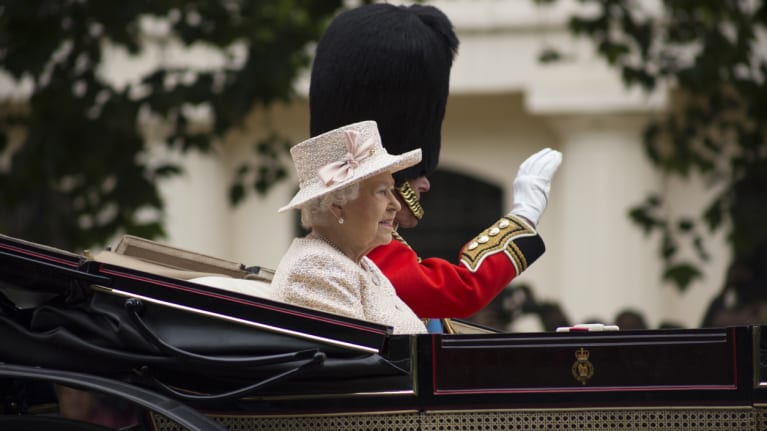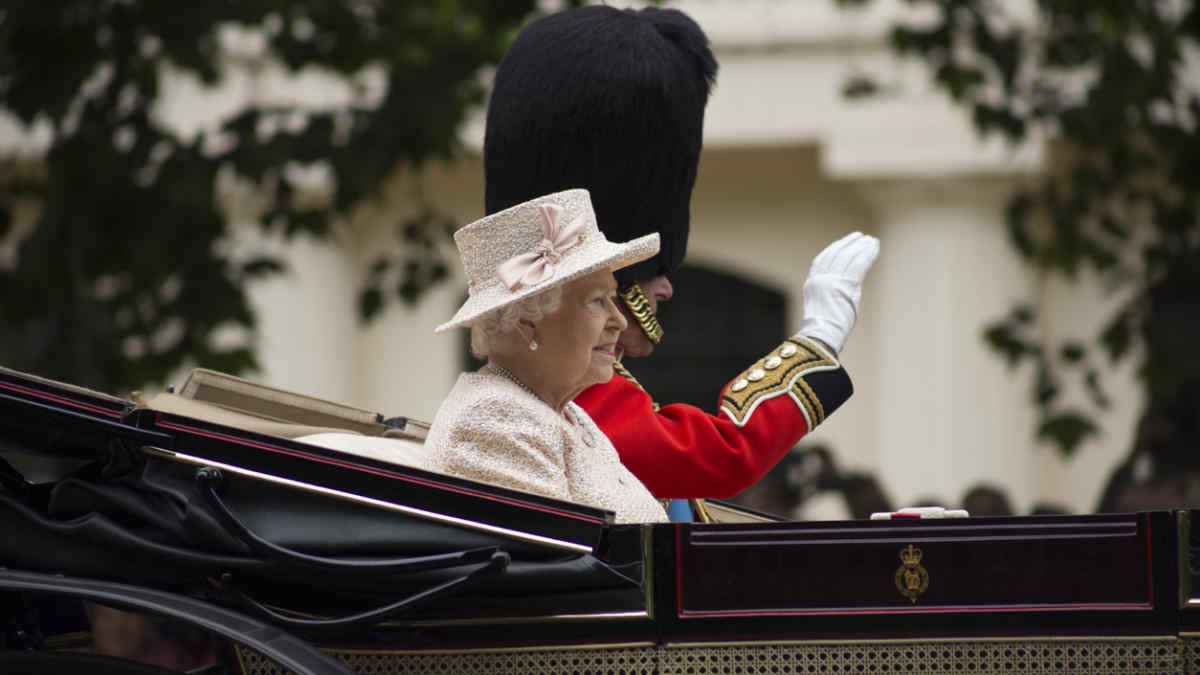

?The United Kingdom and much of the world mourned the death of Queen Elizabeth II at 96 years old on Sept. 8. Crowds gathered outside Buckingham Palace to pay their respects to the global leader, who put in the miles and work to advance the interests of her nation and the royal family. Workers stopped to discuss the leader and what she meant to them, and women in particular. We’ve gathered articles on the news from media outlets.
1952: Woman of the Year
When TIME magazine named Queen Elizabeth II the woman of the year in 1952, the 26-year-old acceding to the throne was hoped to be an “omen of a great future.” In fact, soon after she became queen, Egypt, Ghana and Sudan left the British Empire. Yet, reigning for 70 years, her power drew both great leaders and throngs of tourists to her state and personified British endurance untainted by politics, the magazine later wrote. It noted that she steered her family successfully enough that the next generation is poised to carry the crown forward.
(TIME)
Global Leader
In November 1953, the queen made a six-month round-the-world tour of the Commonwealth, which included the first visit to Australia and New Zealand by a reigning British monarch. In 1954, after state visits to various European nations, she visited Canada and the United States. In 1961, she made the first royal British tour of the Indian subcontinent in 50 years, and she was the first reigning British monarch to visit South America—in 1968—and Persian Gulf countries—in 1979. During her Silver Jubilee in 1977, she presided at a banquet in London attended by the leaders of the 36 members of the Commonwealth, traveled throughout Great Britain and Northern Ireland, and toured overseas in the South Pacific and Australia, Canada and the Caribbean. By her 90th birthday she had covered more than 1 million miles and visited 117 countries. She met 13 American presidents.
(Britannica) and (The New York Times)
‘Accidental Feminist’
At her platinum jubilee earlier this year, Queen Elizabeth II was celebrated as the nation’s longest-ever serving head of state, ascending the throne in 1952. Her coronation was in 1953. Described as an “accidental feminist” by her husband Prince Philip, she kept her own family name when she stepped up to the throne. For some, she epitomized the act that women carry out as “chief memory makers,” serving this role for the U.K. on the national and global stage through the acts of service and awarding recognition, as well as through her own persona and longevity.
(The National News), (NPR) and (BBC)
Influence on Generations
The U.K.’s third female prime minister, Liz Truss, was appointed by Queen Elizabeth II just two days before the queen’s death. Truss was her 15th prime minister. Truss said that the queen was the rock on which modern Britain was built and she had “provided us with the stability and strength that we needed.”
‘Rare’ Leadership Quality
The queen has been described as pulling off “the rare trick for a woman of exercising profound influence without inciting a backlash, in part because the scope of that influence remained so shrouded in mystery. She did not so much normalize the idea of a woman in charge as make the nation largely forget that that was what she was.”
Queen’s Funeral Will Be ‘A Day of National Mourning’
The day of the queen’s funeral will be a day of national mourning. According to Operation London Bridge, if the queen’s funeral is on a weekend or another “bank holiday”—a day when banks are closed—an additional day off won’t be granted. If it is on a weekday, a bank holiday will take effect. Employers will have the discretion to decide if workers get the day off. A two-minute silence will take place across the U.K. at noon on the day of the funeral.

